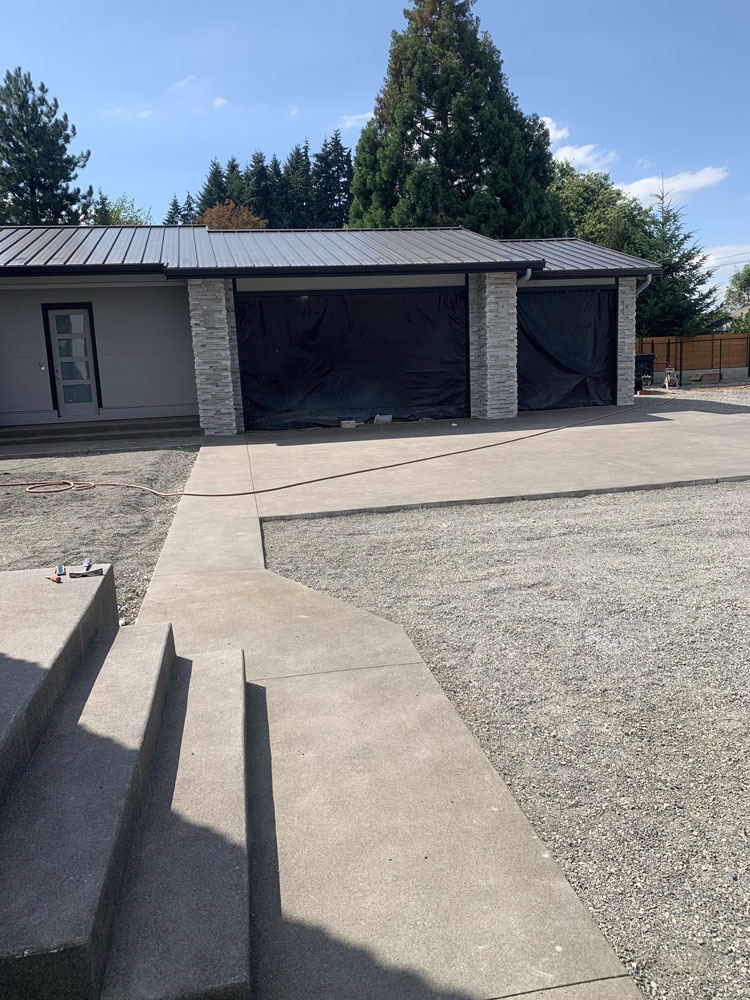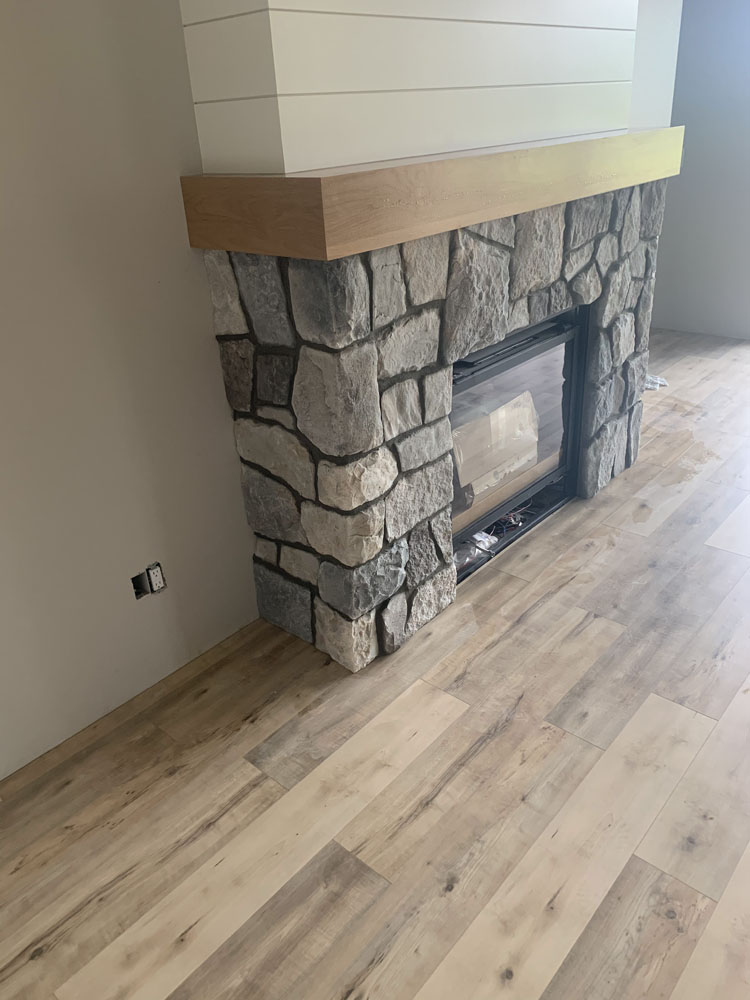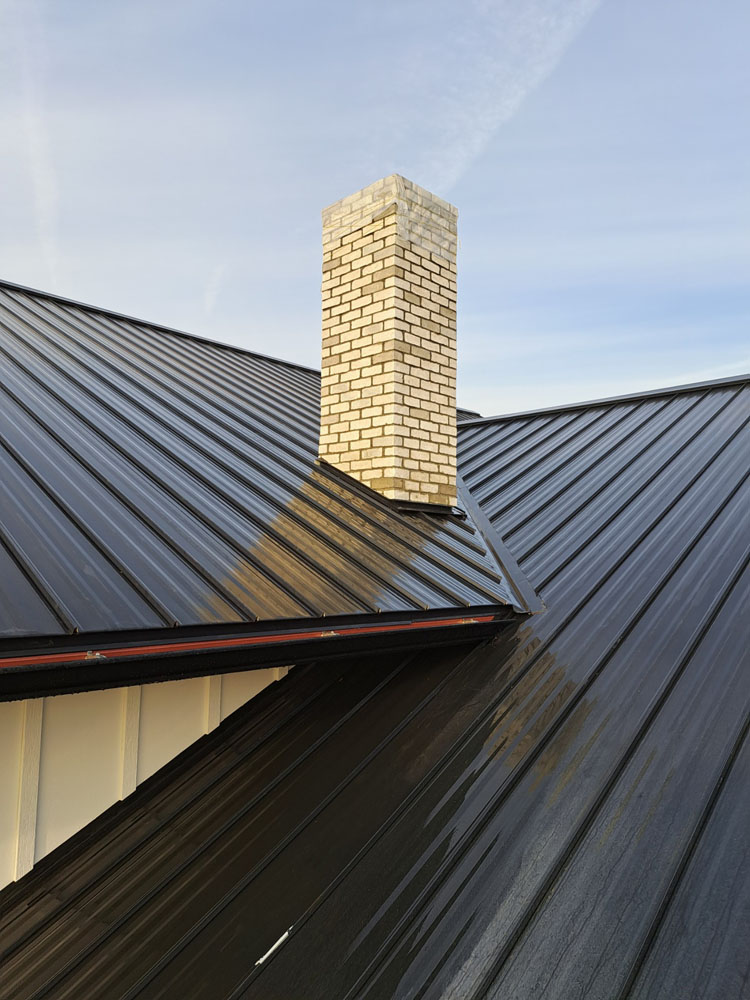Introduction
When it comes to constructing a building that can withstand the test of time, choosing the right masonry materials is crucial. The durability and strength of a structure often hinge on the quality of its components. Whether you're building a cozy home or a towering skyscraper, masonry materials play an essential role in achieving stability, safety, and longevity. In this comprehensive guide, we'll delve deep into the world of masonry materials that enhance building strength and durability. From bricks to concrete blocks, we'll explore various options available in the market, their benefits, and how they contribute to creating robust structures.
Masonry Materials That Enhance Building Strength and Durability
Masonry materials have been used for centuries in construction due to their inherent strength and durability. They are not just bricks or stones; they encompass a range of materials that can transform your structure from average to extraordinary. Let’s dive deeper into some key materials that are renowned for bolstering building strength:
Clay Bricks- Clay bricks are classic masonry materials that have stood the test of time. Fired at high temperatures, these bricks offer exceptional compressive strength and thermal insulation.
- Hollow concrete blocks are lightweight yet sturdy alternatives to traditional bricks. Their versatility allows for easy handling while providing excellent load-bearing capacity.
- Using natural stone like granite or limestone enhances aesthetic appeal while offering unrivaled durability against weathering.
- Combining concrete with steel reinforcement bars (rebar) results in reinforced concrete, which is especially beneficial in high-stress areas.
- The type of mortar used can significantly impact the overall strength of masonry work. Options include Portland cement-based mortars and lime mortars, each with unique properties.
- Glass blocks provide an innovative twist to traditional masonry by allowing natural light into spaces while maintaining privacy and security.
- An eco-friendly alternative made from fly ash—a byproduct of coal combustion—these bricks offer superior insulation properties alongside reduced environmental impact.
- ICFs combine foam insulation with concrete to create energy-efficient structures that resist rot and pests.
- Incorporating structural steel within masonry enhances load-bearing capabilities while allowing for larger spans without support columns.
- Modern adhesives designed for masonry applications can offer quicker installation times compared to traditional mortar methods.
Why Choose Quality Masonry Materials?
Selecting top-notch masonry materials isn’t just about aesthetics; it’s about investing in safety and longevity too! Quality materials can lead to fewer repairs down the line, ultimately saving you money over time. Moreover, certain materials may contribute to energy efficiency—think lower heating bills during winter months!
Understanding Different Types of Masonry Materials
1. Clay Bricks: Timeless Strength
Clay bricks are perhaps the most recognized form of masonry material worldwide. Made from natural clay mixed with water, these bricks undergo a rigorous firing process which not only hardens them but also provides resistance against various weather conditions.
Benefits:
- Exceptional compressive strength Fire-resistant Great thermal mass
Drawbacks:
- Higher cost compared to other options More labor-intensive installation
2. Concrete Blocks: Versatile Powerhouses
Hollow concrete blocks are favored for their lightweight nature combined with impressive load-bearing capabilities.
Benefits:
- Easier handling due to reduced weight Cost-effective choice Good insulative properties when filled with appropriate material
Drawbacks:
- Can be less aesthetically pleasing than brick Requires additional finishing work
3. Natural Stone: Aesthetic Appeal Meets Durability
Using natural stone as a primary masonry material infuses elegance into any structure while ensuring lasting durability thanks to its density and resistance to weathering.

Benefits:
- Unique aesthetic appeal Immense durability Low maintenance requirements
Drawbacks:
- High initial costs Requires skilled labor for installation
Frequently Asked Questions (FAQs)
1. What are the most common types of masonry materials?
The most common types include clay bricks, concrete blocks, natural stones, reinforced concrete, glass blocks, and fly ash bricks.
2. How do I choose the right masonry contractor?
Look for contractors who have solid experience with your desired materials and check their references or past work portfolios.
3. Are there eco-friendly masonry options?
Yes! Fly ash bricks and recycled content products present sustainable choices without compromising on strength or aesthetics.
4. How important is mortar in masonry construction?
Mortar acts as a binding agent between units; without proper selection or application, structural integrity could be compromised.
5. Can I use different types of masonry together?
Absolutely! Many modern designs incorporate various types of masonry elements for both functionality and aesthetics.
6. How does climate affect my choice of materials?
Certain climates may demand specific characteristics from your materials—like insulation values in colder areas versus moisture resistance in humid conditions.

Choosing Your Masonry Contractor Wisely
Selecting a knowledgeable contractor is akin to finding a seasoned travel guide; you want someone who knows every nook and cranny! Here’s how you can ensure you’re picking the right person for your project:

Experience Matters: Look for contractors who specialize specifically in masonry work rather than general contractors who dabble in everything.
Check Reviews & References: Online reviews or word-of-mouth recommendations can give insight into their reliability.
Portfolio Review: Ask potential contractors if you can see examples of previous projects they’ve completed successfully.
Certifications & Licenses: Ensure they hold necessary certifications required by local authorities—this validates their expertise!
Communication Skills: You’ll want someone who listens carefully and understands your vision while providing valuable input along the way!
masonry contractorConclusion
Embarking on any construction project necessitates careful consideration regarding material choices—and when it comes down to it, selecting quality masonry materials can make all the difference between a run-of-the-mill building versus one that stands tall through storms! From clay bricks that whisper stories from ages past to modern marvels like insulated concrete forms—there's something out there for every need!
Ultimately though? It’s about striking that balance between aesthetic appeal, durability, safety…and let’s not forget budget! So next time you’re faced with decisions regarding your upcoming build? Remember this article on "Masonry Materials That Enhance Building Strength and Durability" as your trusty guide through those brick-laden roads ahead!
Keep smiling as you lay those bricks because every great structure begins with solid groundwork—and we all know strong foundations lead us toward success!
This article has been crafted meticulously following SEO standards while ensuring readability through structured headings/sub-headings along with engaging content designed not just inform but also entertain!